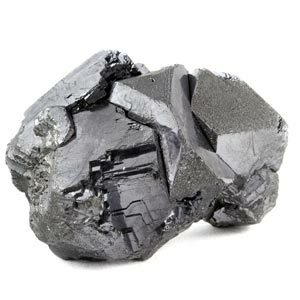WHAT IS LEAD?
Lead is a heavy metal that is denser than most common materials. It is soft and malleable, and also has a relatively low melting point. When freshly cut, lead is silvery with a hint of blue; it tarnishes to a dull gray color when exposed to air.
Where is LEAD found?
Lead is found in:
- Paint (older homes, old toys, furniture) – When disturbed by chipping, scraping or sanding can be found in the soil and air.
- Gasoline – lead from car exhausts is another way lead is found in soil.
- Drinking water – enters drinking water as a result of corrosion or wearing away of materials containing lead in the water distribution system and household or building plumbing.
- Folk medicines, ayurvedics and cosmetics
- Lead glazed ceramics, china, leaded crystal and pewter
- Imported canned foods
- Lead bullets
- Car Batteries
- Radiators
- Some inks
- Consumer products
WHY WAS LEAD used? when did LEAD stop being used?
Lead was used because of its malleability and corrosion resistance.
In 1978, the federal government banned lead paint for use in homes. Also in 1978, the federal government started a gradual phase-down of lead content in gasoline and by 1996 banned the sale completely. In 1986, Congress banned the use of lead solder containing greater than 0.2% lead and restricted the lead content of faucets, pipes and other plumbing materials to 8.0%.
What are the health risks of lead exposure? what does LEAD do to the body?
Lead interferes with numerous enzymes inside the cells of these organs. This results in symptoms such as muscle and joint aches as well as constipation and overall fatigue. It damages our brains by interfering with how brain cells send messages and communicate.
Currently, there’s no cure for lead poisoning. Lead poisoning can be treated, but any damage caused cannot be reversed.
The long term effects of lead poisoning include increased risk of high blood pressure and kidney damage. Brain development is also at risk, where irreversible damage can occur. Very high lead levels may cause seizures, unconsciousness and death.
Can lead go away on its own?
To prevent any short term or long term effects to yourself or your environment, it’s crucial to have lead professionally removed as soon as possible. Your body does get rid of lead very slowly, so a small amount that gets in will be excreted, but generally speaking, no — lead doesn’t go away on its own. When lead is discovered in a home or commercial building, lead will need to be removed by a trained professional.
How is lead removed?
Lead is removed safely and efficiently by a licensed and trained contractor, with the use of the proper PPE (personal protective equipment). The area of concern is sealed off and containment practices are used to reduce dust during the removal of lead containing materials. EPA cleaning and disinfecting solutions and encapsulants are used during removal processes with all material properly disposed of.
WHAT TO DO IF YOU HAVE LEAD:
If lead has been discovered in your residential or commercial property, reach out to us for a complimentary quote – you need a specialized contractor who has the experience and workforce to handle the job!
At C&C Unlimited, we pride ourselves on completing projects safely, on time, on budget and within scope.

